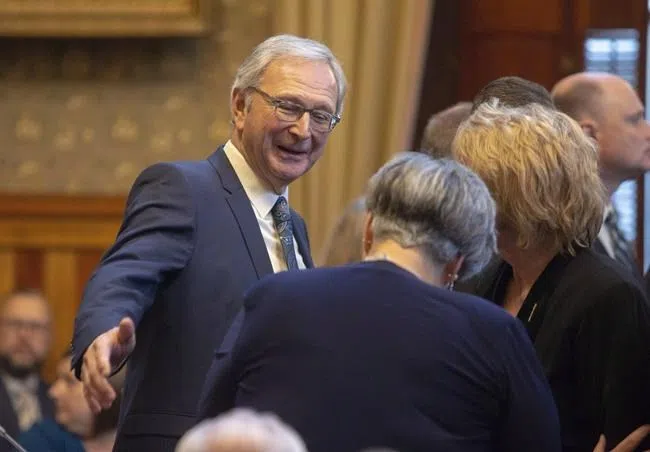
New N.B. premier hopes to bring Energy East pipeline back from the dead
FREDERICTON — New Brunswick’s new premier is trying to revive the Energy East pipeline — even though the original proponent says the project is dead.
TransCanada Corporation abandoned the $15.7-billion project more than a year ago, after the National Energy Board modified the environmental assessment process.
But Premier Blaine Higgs, along with some other premiers and federal politicians, are again pushing the proposed pipeline as a way to get more western crude to refineries in Eastern Canada and for export to foreign markets.
Ontario and Quebec have also new elected new premiers this year, and Higgs said he thinks Energy East could be viable.
